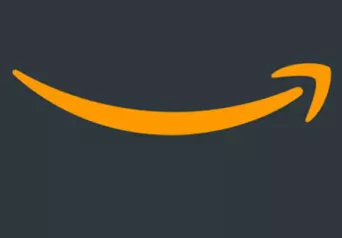Small Business Advocacy Amazon wants to control the world
Amazon is collecting a ton of data about its customers and may use it to manipulate their purchasing decisions. We hope you'll join us in shopping local to avoid this.

- Post Date
- Tue, Jul 3
- Small Business Advocacy
In a previous article we told you how Amazon makes its money, and how they use the data they gather through Amazon Web Services to manipulate which entrepreneurial ventures succeed, but have you ever considered how they intend to use the data they are collecting on you? And trust us they are collecting a TON of data on your behavior: not only do they know every product you purchase from them, but they also know every product you search for, everything you put in your cart and then abandon, every category you search. And that’s just on their ecommerce site.
If you are an Amazon Prime member, they are also tracking what kind of entertainment you are absorbing, and now the products you purchase in a brick & mortar store if you shop at Whole Foods.
Sure, it may seem like they are doing this to make the customer experience more streamlined, convenient, and personalized. But Amazon founder Jeff Bezos has said Amazon can control the world, so we’re betting it is not his intention to stop there. With more data collection comes more economic power. Otherwise known as surveillance capitalism, the intention is to monetize the data collected, and although Amazon claims they have no intention to sell the information they collect, they most certainly will use it to influence and manipulate what their customers purchase.
In the meantime, they have been working on making consumers feel they have to shop their website for the best selection and prices, and convincing small businesses and creators have to sell on their marketplace in order to reach the consumers. The ultimate goal for Amazon is to be part of almost every purchase a consumer makes by driving out [see the case of Diapers.com and Pillow Pets] or absorbing their competition [see Zappos]. This includes small local businesses who are already suffering from Amazon’s dominance.
This reality is a dangerous proposition, as this would mean they not only control the product offerings [stifling innovation], but it would also mean they would set prices. If you think Amazon, which has built its businesses on the backs of local businesses and municipalities, and is run by one of the richest men in the history of the world, has your best interests and the best interest of the Cape Cod community in mind, then there is no need to examine your relationship with the online behemoth. But if you, like us, are truly concerned about their expanding reach into your world, then it is imperative that you think local first when it comes to your purchasing decisions.
Related articles
- Post Date
- Sat, Aug 31
- Small Business Advocacy
- Post Date
- Wed, Aug 21
- Small Business Advocacy

